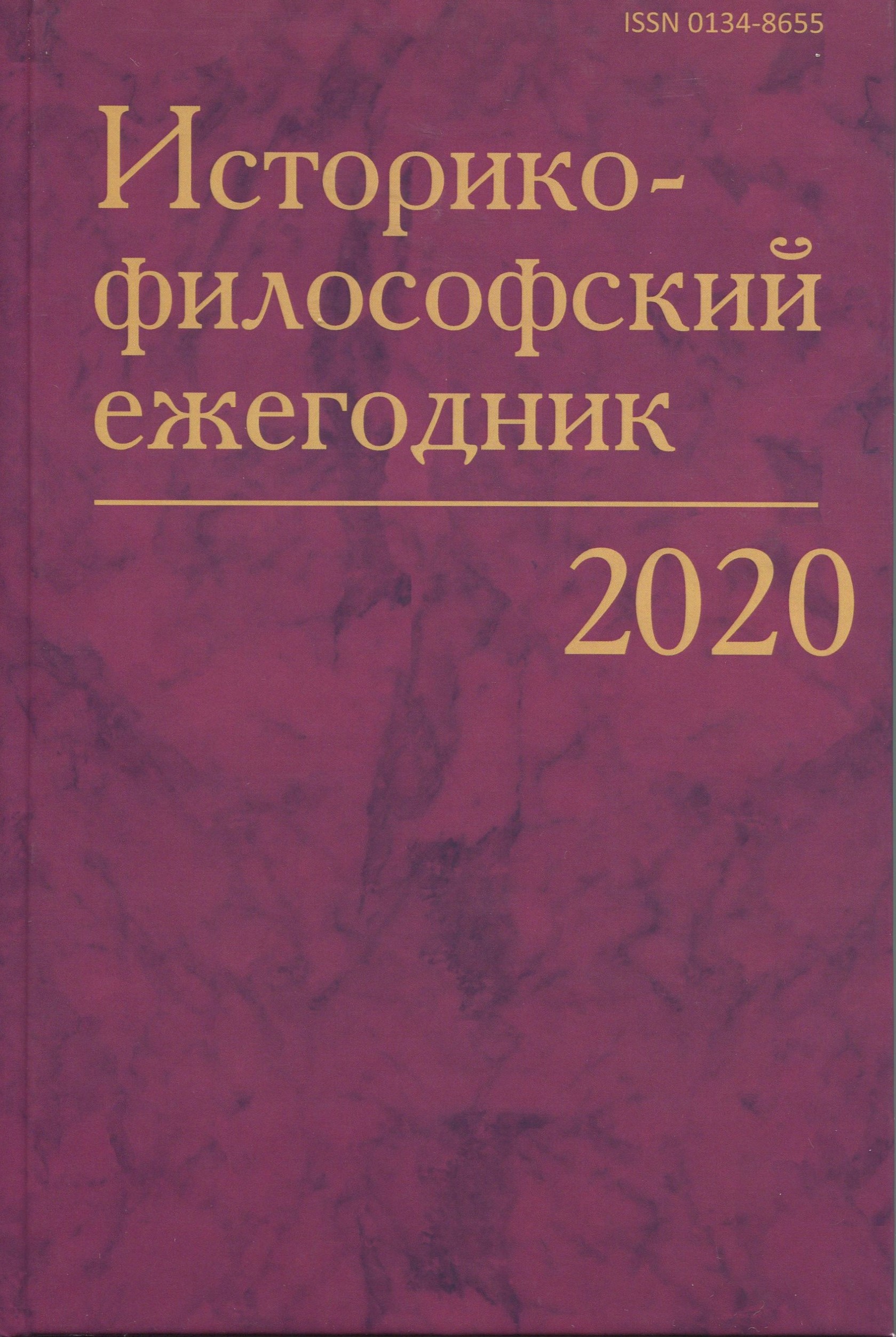Karl Popper and the Presocratics (Xenophanes, Heraclitus, Parmenides)
Keywords:
K. Popper, Presocratics, Xenophanes, Heraclitus, Parmenides, myth, criticism, truth, opinion, conjectural knowledge, “truthlikeness”Abstract
The article attempts to reconstruct Popper’s interpretation of the philosophical and scientific ideas of Xenophanes, Heraclitus and Parmenides in order to substantiate the conclusion that it was Popper’s acquaintance in his youth with the Ancient Greek Presocratic thought represented by Xenophanes, Heraclitus and Parmenides that was decisive in the formation of a critical methodological paradigm and in general philosophy of K.R. Popper. The original philosophical and scientific thought of the Presocratics was for Popper an inexhaustible source from which he drew all the wealth of his thoughts throughout his long creative life. His lengthy studies of the Presocratic thought allowed him to come to the crucial conclusion that the origins of most fundamental ideas of both classical and modern science go back not only to Εarly Greek philosophy and science, but also to the myth-making of the ancients. In particular Popper inferred that the science of Copernicus, Galileo, Kepler, Newton was a further development of the cosmology of the Greeks, and also that the transition from prescientific myths to science became possible due to the new attitude to myths: because of the critical attitude to them

